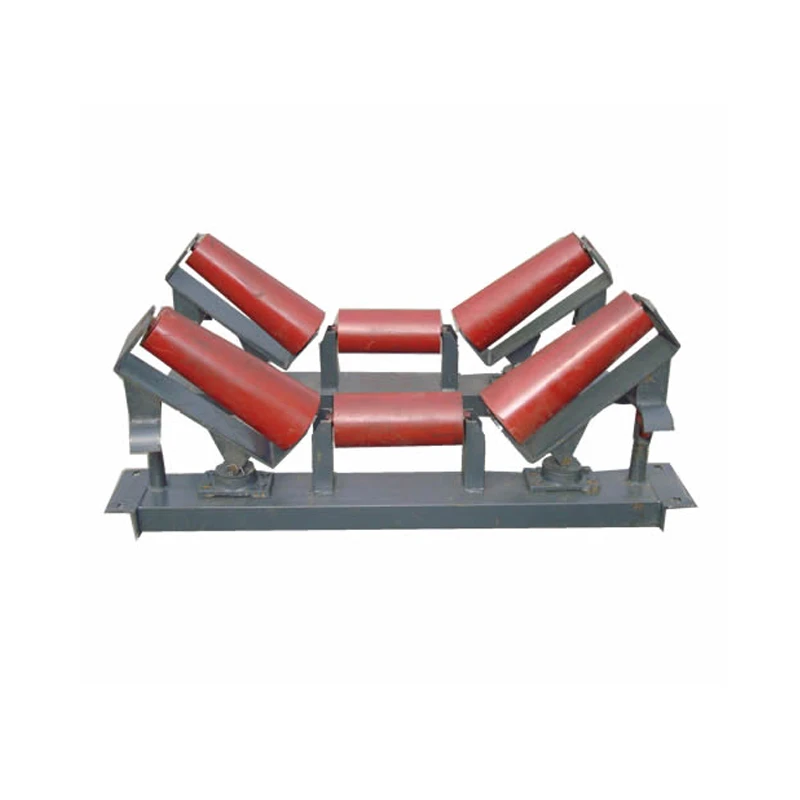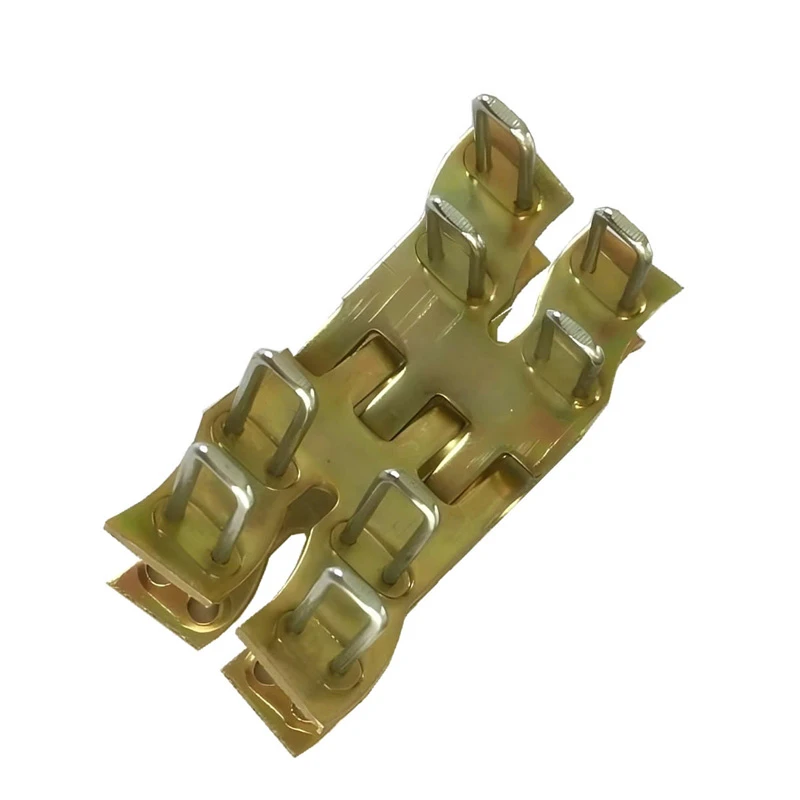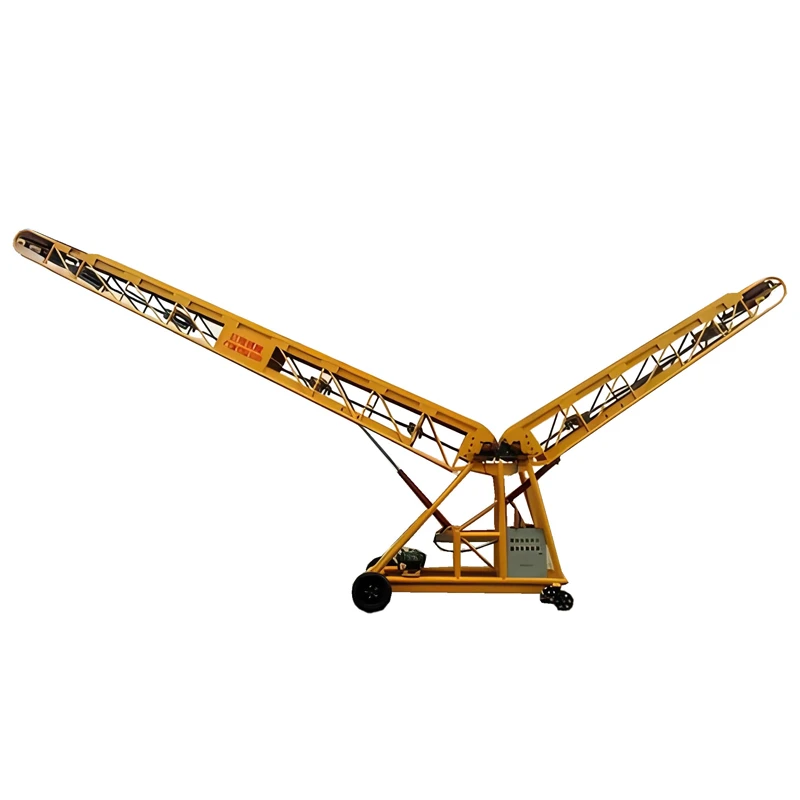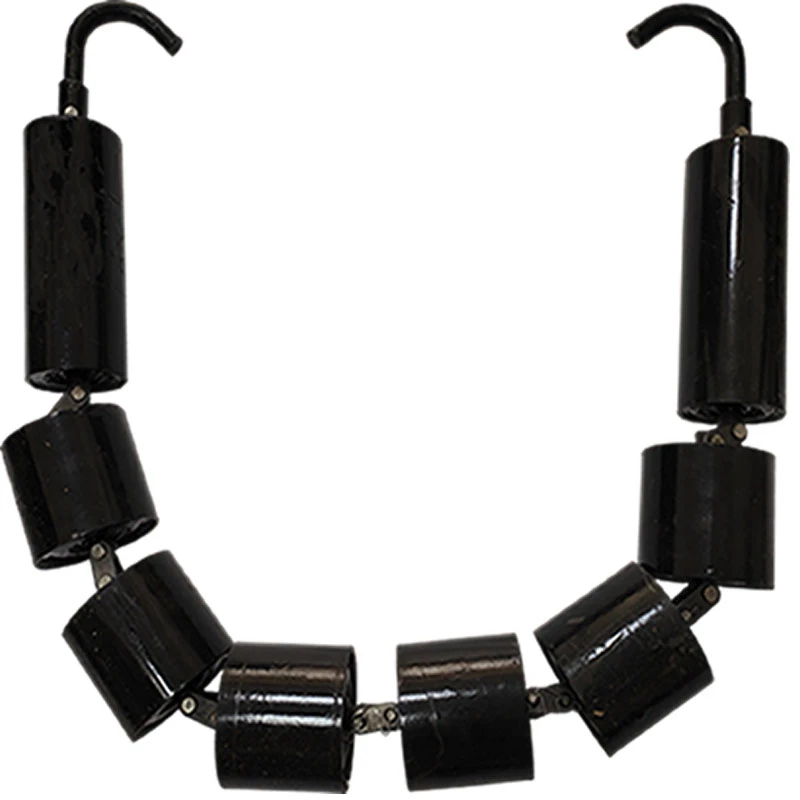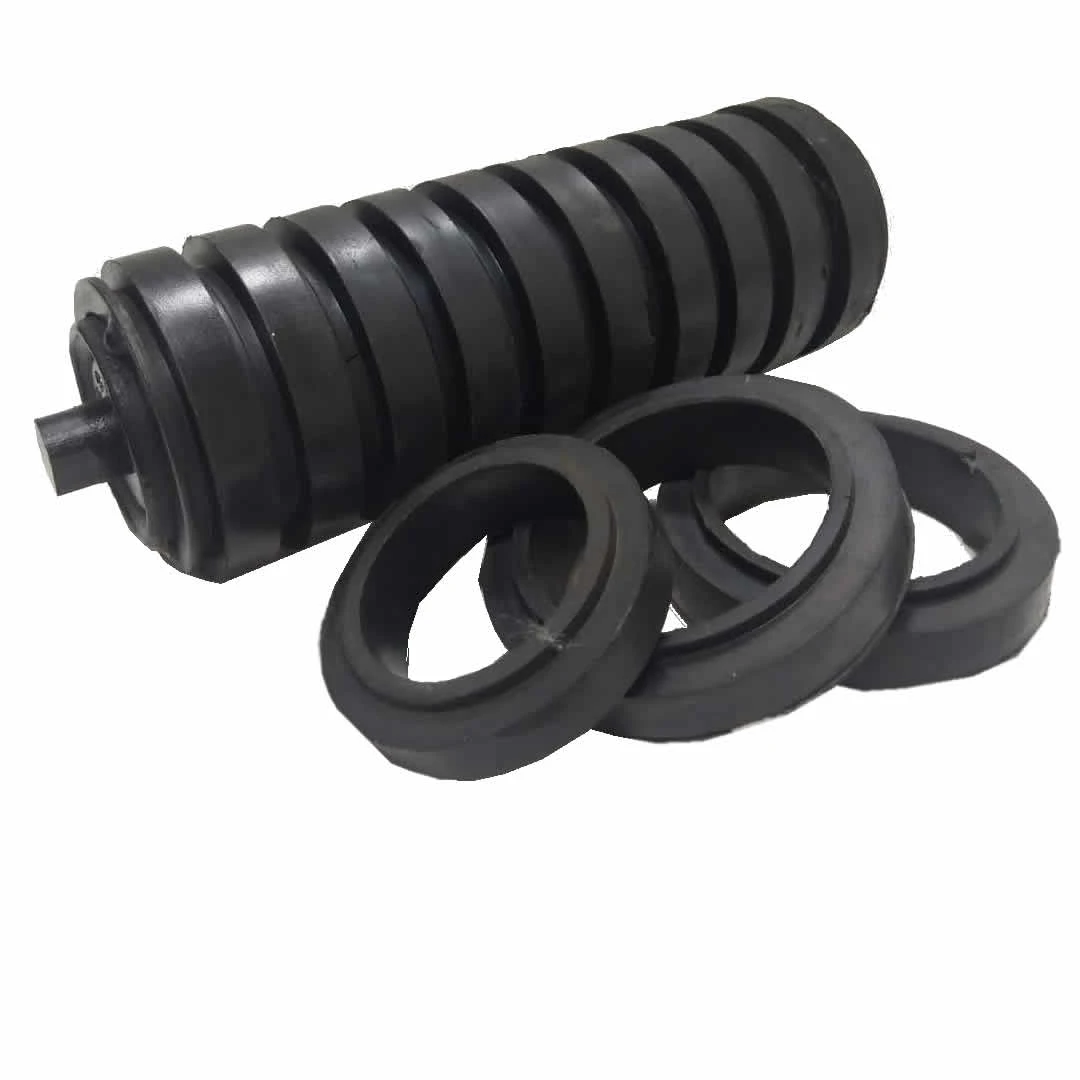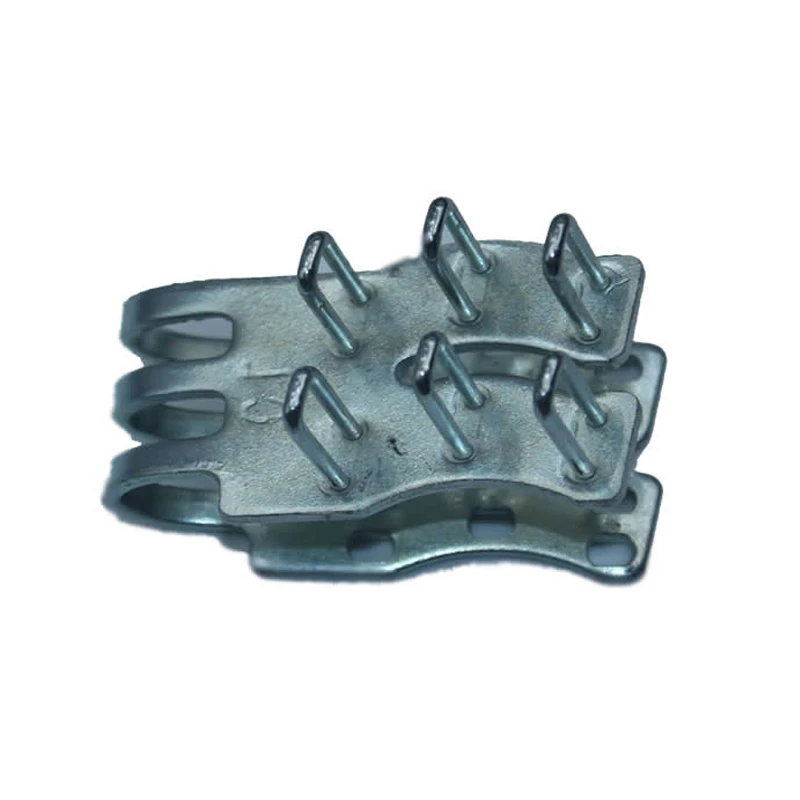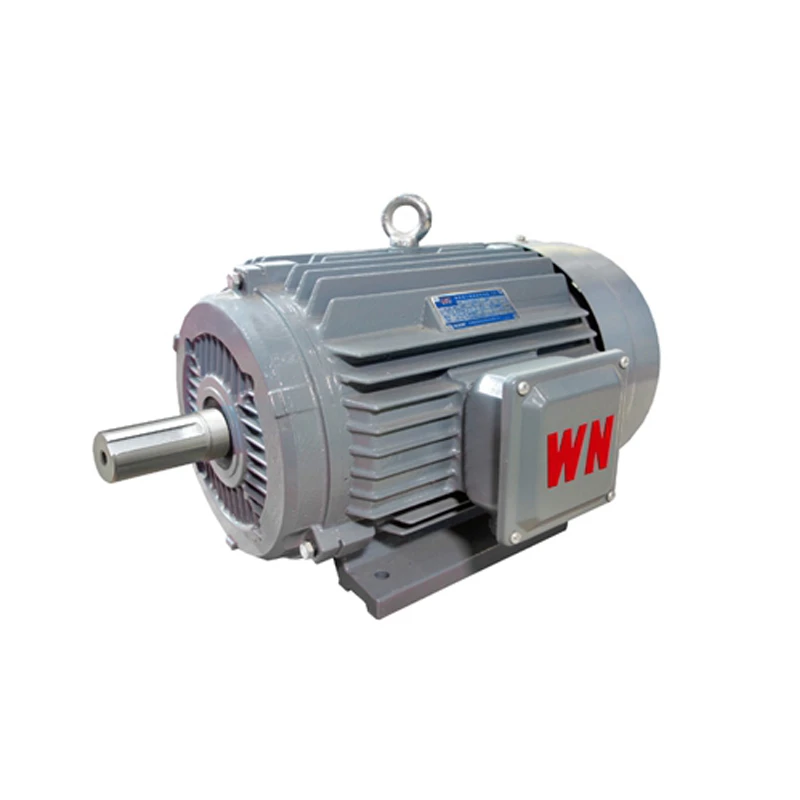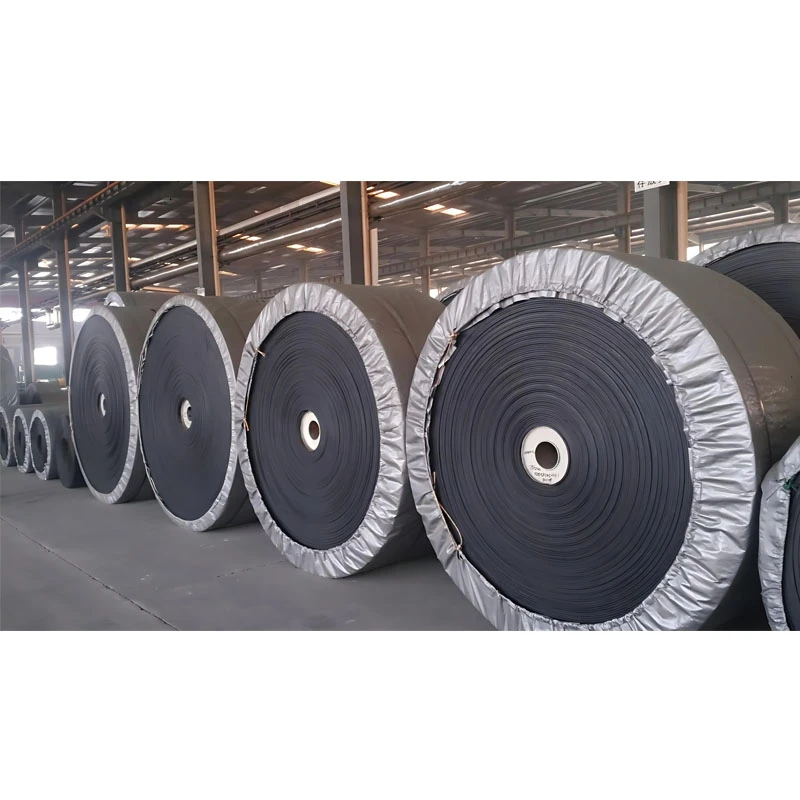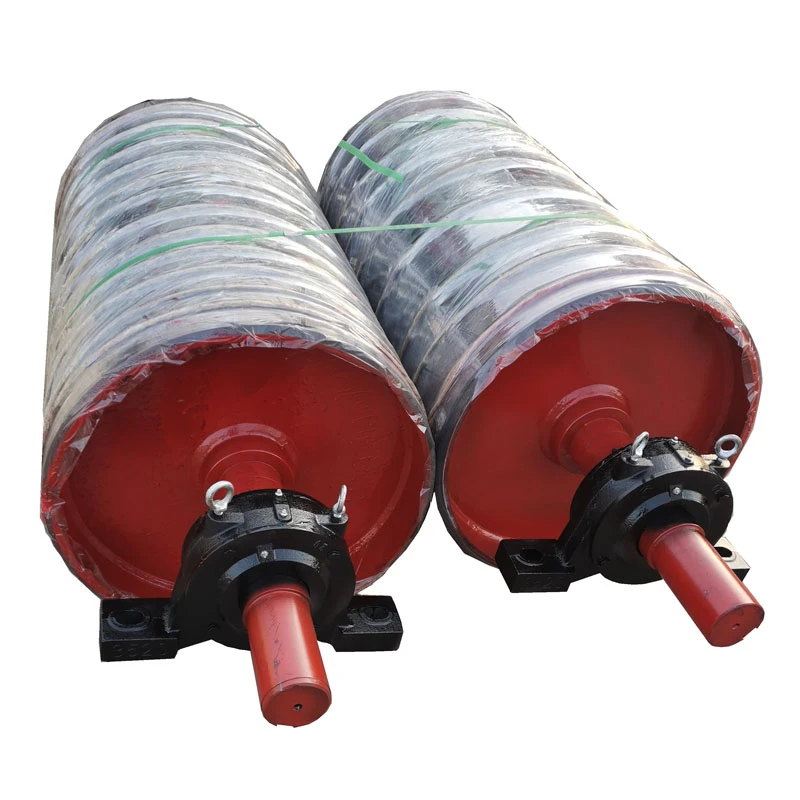Conveyors are essential to modern industry. From manufacturing and packaging to mining, food processing, and logistics, conveyors streamline the movement of materials, saving time, reducing labor, and boosting productivity. Whether you're scaling up operations or outfitting a new production line, understanding different conveyor types and how to source a conveyor for sale—especially in conveyor bulk orders—can dramatically improve operational efficiency and long-term cost control.
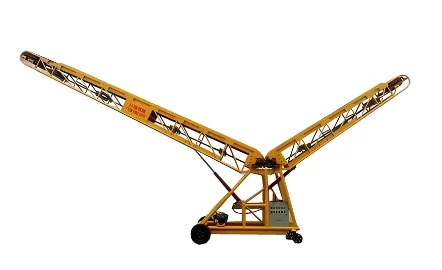
What Is a Conveyor?
A conveyor is a mechanical system that transports materials from one point to another using belts, rollers, chains, or screws. Conveyors can be horizontal, inclined, or vertical depending on the setup and type of material being moved. They’re a cornerstone of material handling systems in almost every industrial sector.
Industries That Rely on Conveyors
Manufacturing – Assembly lines, component transfer
Warehousing & Logistics – Sorting, loading, unloading
Mining & Quarrying – Ore, coal, stone, and sand transport
Food Processing – Hygiene-safe movement of raw or cooked goods
Agriculture – Grain, fertilizer, feed, and seed transport
Construction – Bulk handling of cement, aggregate, debris
Recycling – Material sorting, shredding, and processing
Airports – Baggage handling and check-in systems
Conveyor Types Explained
There are many conveyor types, each suited to specific applications and material characteristics. Here are the most common:
1. Belt Conveyor
Uses a continuous belt made of rubber, PVC, or fabric
Ideal for flat or inclined transport of packages or bulk materials
Widely used in logistics, mining, and production lines
2. Roller Conveyor
Moves loads using free-spinning or motorized rollers
Great for heavy items, cartons, and pallets
Available as gravity-fed or powered (motorized roller)
3. Screw Conveyor
Uses a rotating helical screw blade inside a tube or trough
Ideal for powders, grains, cement, or viscous materials
Common in agriculture and chemical industries
4. Chain Conveyor
Uses chains or slats to pull heavy or irregular items
Excellent for automotive, metalwork, and heavy-duty tasks
5. Pneumatic Conveyor
Moves materials through a vacuum or air stream
Suitable for fine powders, pellets, or pharmaceuticals
High-speed and sealed for hygiene-sensitive industries
6. Bucket Elevator
Vertical conveyor for bulk materials using buckets
Used in grain, feed mills, mining, and fertilizer transport
7. Vibrating Conveyor
Moves materials using vibratory motion
Ideal for fragile items or high-heat applications like foundries
Choosing the Right Conveyor Type
When selecting a conveyor, consider the following:
|
Factor |
Recommended Conveyor Type |
|
Flat, continuous loads |
Belt or roller conveyors |
|
Bulk powder or grain |
Screw, pneumatic, or belt conveyors |
|
Vertical lifting |
Bucket elevator or vertical screw conveyor |
|
Food or hygiene |
Modular plastic, stainless belt conveyors |
|
Heavy-duty/metal parts |
Chain or roller conveyors |
|
Fragile goods |
Vibrating conveyors or belt conveyors with cushioning |
Understanding these options ensures you buy the right conveyor for sale that meets your needs and budget.
Conveyor Components You’ll Need
In addition to the conveyor system itself, you'll often need:
Motors and gearboxes
Control panels or PLC integration
Side rails and safety covers
Load cells or weighing stations
Discharge chutes or gates
Support frames and stands
Most conveyor bulk suppliers offer full system packages with all these components bundled in.
Conveyor for Sale: What to Check Before Buying
Whether buying a single unit or multiple lines, always check:
Length, width, and height requirements
Load capacity (kg/meter)
Conveyor speed (m/min or RPM)
Material compatibility (e.g., food-grade, heat-resistant)
Power supply and motor configuration
Required accessories (sensors, hoppers, guards)
Warranty and after-sales service availability
You should also confirm whether you need fixed, modular, or mobile conveyor systems.
Conveyor Bulk Orders: Smart Sourcing for Projects
If you're a contractor, equipment dealer, or facility outfitter, buying in conveyor bulk is often the most economical strategy. Bulk buyers benefit from:
Lower per-unit pricing
Faster manufacturing lead times for large-scale orders
Freight discounts on full-container shipments
Custom design services included
Access to OEM or private-label options
You can source in bulk from:
Factory-direct conveyor manufacturers
Industrial machinery distributors
Global B2B platforms (with verified suppliers)
Engineering and EPC contractors
Some suppliers also offer rental and lease-to-own options for large conveyor systems.
Conveyor Pricing (2025 Estimates)
|
Conveyor Type |
Size/Specs |
Price Range (USD) |
|
Basic belt conveyor |
500mm × 10m |
$900 – $2,000 |
|
Motorized roller system |
800mm × 5m |
$1,500 – $3,500 |
|
Screw conveyor |
Ø200mm × 6m |
$2,000 – $5,000 |
|
Chain conveyor (heavy) |
1,000mm wide × 8m |
$3,000 – $7,000 |
|
Bucket elevator |
5–10m lift height |
$3,500 – $8,000+ |
|
Bulk order (10+ units) |
Varies |
10–30% savings per unit |
Custom specs, food-grade materials, and integrated control systems may increase pricing.
Conveyor FAQs
Q1: What’s the most versatile type of conveyor for general use?
A: Belt conveyors are the most flexible and widely used system for moving a variety of goods, including boxes, grain, and bulk material.
Q2: Can I buy a conveyor system fully assembled?
A: Yes. Many suppliers offer plug-and-play systems with frame, motor, and controls pre-integrated. Others ship modular kits for on-site assembly.
Q3: How long does it take to deliver bulk conveyor systems?
A: Standard production time is 2–6 weeks, depending on specs. For bulk orders, allow additional time for fabrication and freight.
Q4: Are used conveyors worth considering?
A: For budget-sensitive buyers, used conveyors can be a good choice if they meet your specs and have been inspected for wear or damage.
Q5: Where can I source conveyors in bulk?
A: www.hgconveyorbelt.com.

